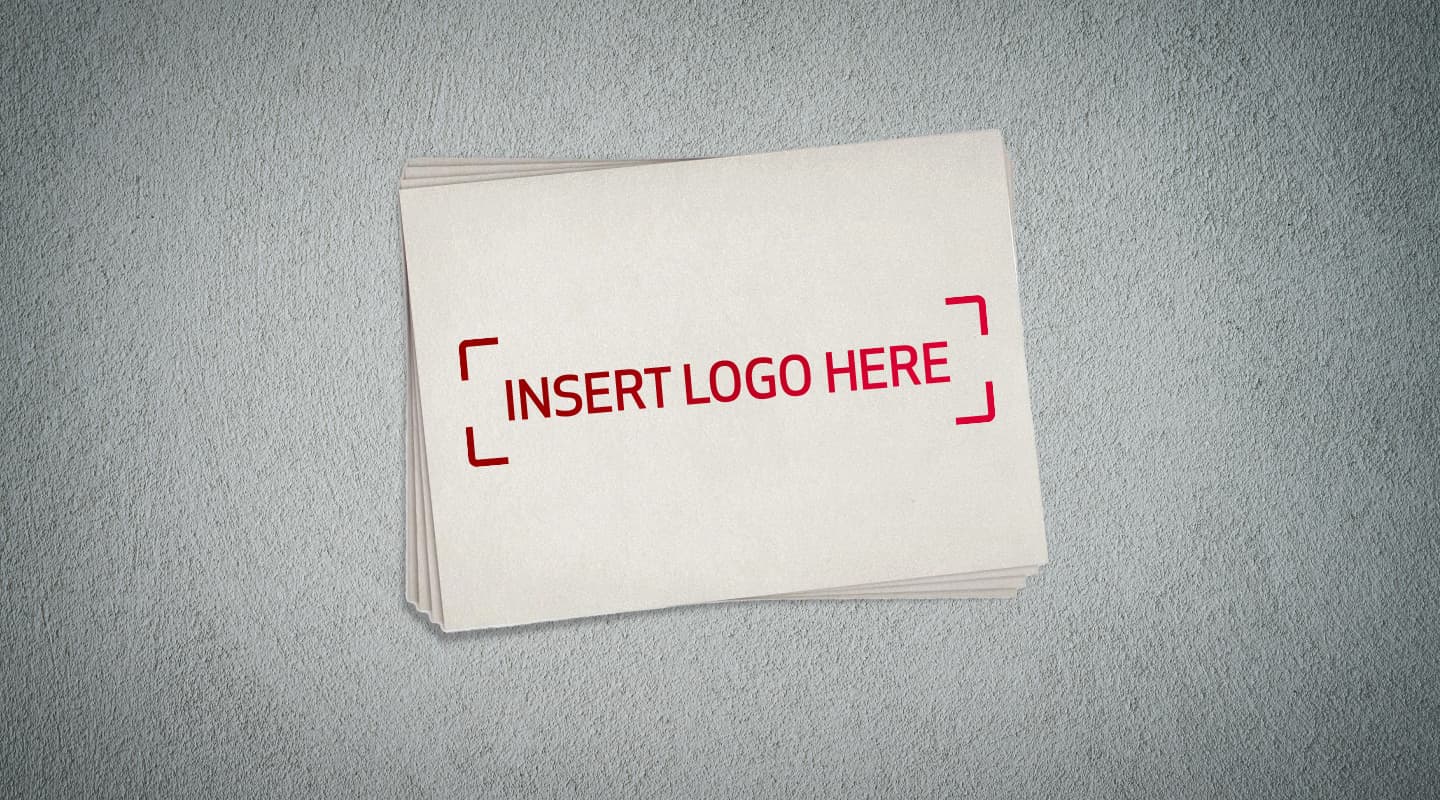
Reputation Matters
Your business has a reputation, even if you don’t realise it. Understanding that reputation and (if it’s good) doing what you can to preserve and enhance it, is good business.
Text:/ Steve Drury
Pepsi person or Coke? Ford or Holden? Heinz or Campbells tomato soup? Apple or IBM? You’re right. These aren’t questions anyone asks each other any more.
In fact, you might be tempted to think that in our current environment of short attention spans and continual market disruption, old-school brand-loyalty is a tenuous ideal. And perhaps if you’re selling fast fashion or disposable product experiences that’s OK – no one expects them to last – and you’re less likely to worry about customer churn. For most of us, though, building a business that values customer loyalty, and, having put solid effort into a quality product offering, there’s likely more at stake. In my view, among things we’d consider most central to healthy business, reputation still heads the list.
BACK ON OUR FEET
Covid shook us all and few were immune from its impact; good companies and bad, survived – or didn’t – and businesses, markets, people and relationships were severely stress tested. Post-recovery, heads are back down; ‘get the numbers back up, find good people again’… all important stuff, of course – no question. Most of us though can be prone to a short memory as the urgency of ‘what’s on the desk’ is a daily reality. Perhaps some level of reflection on the business may be timely once again.
Let’s agree, most of us believe our own PR at some point; it’s as true for B2B as for consumer brands. Do we stop and ask what our clients see in us, our products or services?
SELF REFLECTION
How we conduct business impacts perception, it affects brand value – and reflects on leadership. In more adverse scenarios, we see the headlines and the people that are caught in the fall-out. Companies good and bad, their products, supply chains and people are put through the wringer. In many cases this is unnecessary and avoidable.
There are less expensive, sensible actions that can help improve and sustain reputational value; these could include:
- obtain a competent, independent review of product and operational standards;
- understand what your competitors are doing, claiming, saying – comparisons can be instructive;
- conduct focus groups to tease out issues of product efficacy, brand personality, relevance and trust.
And consider your ‘social license’ – far from being a vague, woke notion, it simply asks you to consider your position and claim against customer experience or market expectations, and (in some scenarios) any relevant regulatory regime.
Importantly, this may reveal some things you didn’t know. Tick some of those boxes with due care and you may be in healthier territory – with perhaps an improvement in operations, or a more robust product offering, a clear point-of-difference or more effective communication options.
HEALTH CHECK
I’ve helped plenty of clients get a better informed view of themselves and their approach to market. In one instance, discovering a ‘value-position’ for their services was a revelation. Previously, they’d seen themselves in a conservative ‘supplier’ relationship; however the enquiry demonstrated their key clients saw them as ‘partners’! It influenced their view of themselves and their perception of their own service offering. Suddenly – relationship, experience, product quality, service, support and collaboration had a demonstrated value beyond price-point. Reputation built with care over years, actually meant something tangible.
So yes, earned reputation, and trust, is valuable and still matters.
A Brand Health Check is not rocket science but it should be a thoughtful process and a revealing one. It is a business-to-business brand communications enquiry; an external, independent and non-biased tool to explore ‘point of difference’ and competitive value. Ultimately, it is an exercise designed to help shape your communications.
SDCOM (Steve Drury Communications): [email protected] or sdcom.net.au















RESPONSES